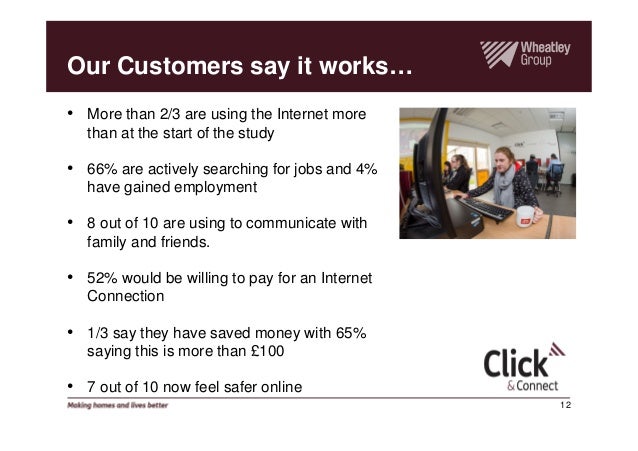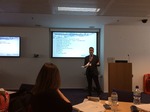An exploration of the information literacy experiences of home educating families
 Thursday, June 18, 2015 at 9:09AM
Thursday, June 18, 2015 at 9:09AM I'm looking forward to hearing Jess Elmore speak about An exploration of the information literacy experiences of home educating families at the LIRG Member's Day and AGM. The event takes place on the 1st July at the Wolfson Meeting Room, Harold Cohen Library, University of Liverpool. Event details are at https://sites.google.com/site/lirgweb/home/events/agm-2015
Abstract:
Jess will discuss her dissertation, which explored the information literacy experiences of five home educating families. The research was constructivist with a grounded approach to data analysis and involved in-depth interviews with family groups (parents and children were interviewed together). The children in the study were aged between eight and seventeen. The presentation will include a summary of the context of home education in the UK and highlight the lack of information literacy research in this area. It will involve a brief discussion of the research methods and findings. The focus will be on how these findings relate to existing models of information literacy, with particular reference to the importance of reflection; the significance of communities of practice and the potential challenge to the orthodoxy of formal educational models.
Biography:
Jess completed her MA Librarianship at the Information School, Sheffield in 2014. She is now a PhD student at the Information School and is researching the information literacy experiences of ESOL (English for Speaker of Other Languages) learners. She has previously worked as a teacher, a university administrator and a community learning development worker.
I'm also looking forward to hearing Miggie Pickton - Developing a research culture in the workplace: top down and bottom up approaches and Emily Wheeler - Teaching or training? Academic librarians’ conceptions of their IL activities.
The event is free to CILIP and LIRG members and £21 (inc VAT) to non members. Just a few places left.
I'll be tweeting from the event @CM_Irving using the #scotinfolit and Fari the LIRG Social Media Officer will be tweeting from @ciliplirg
 academic librarians,
academic librarians,  home education
home education 



